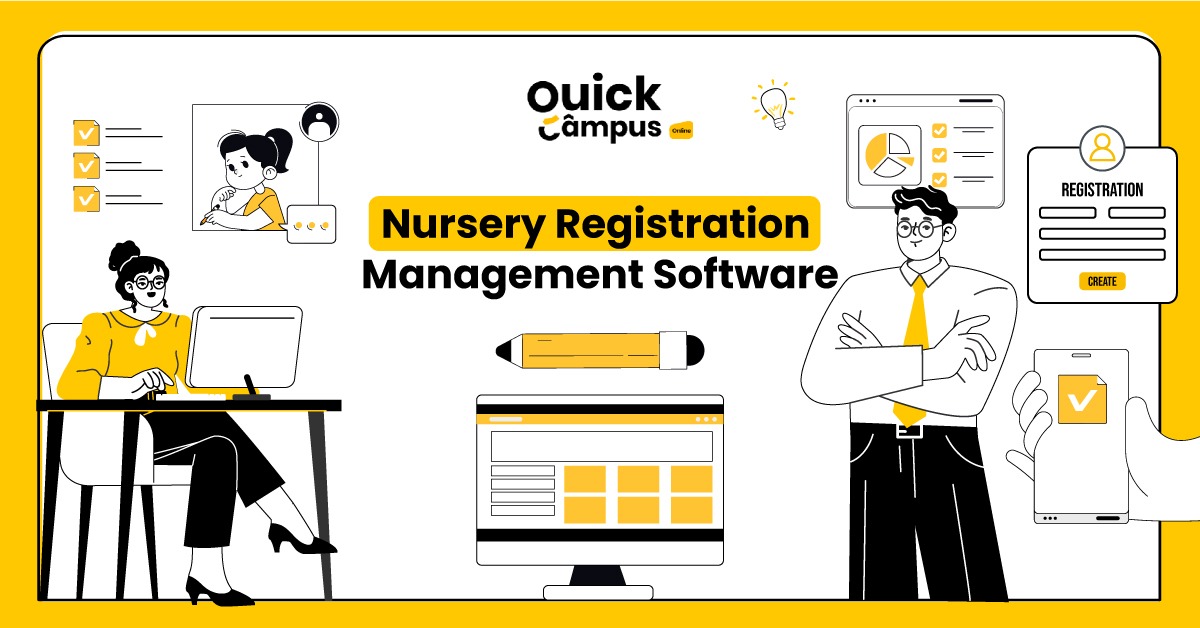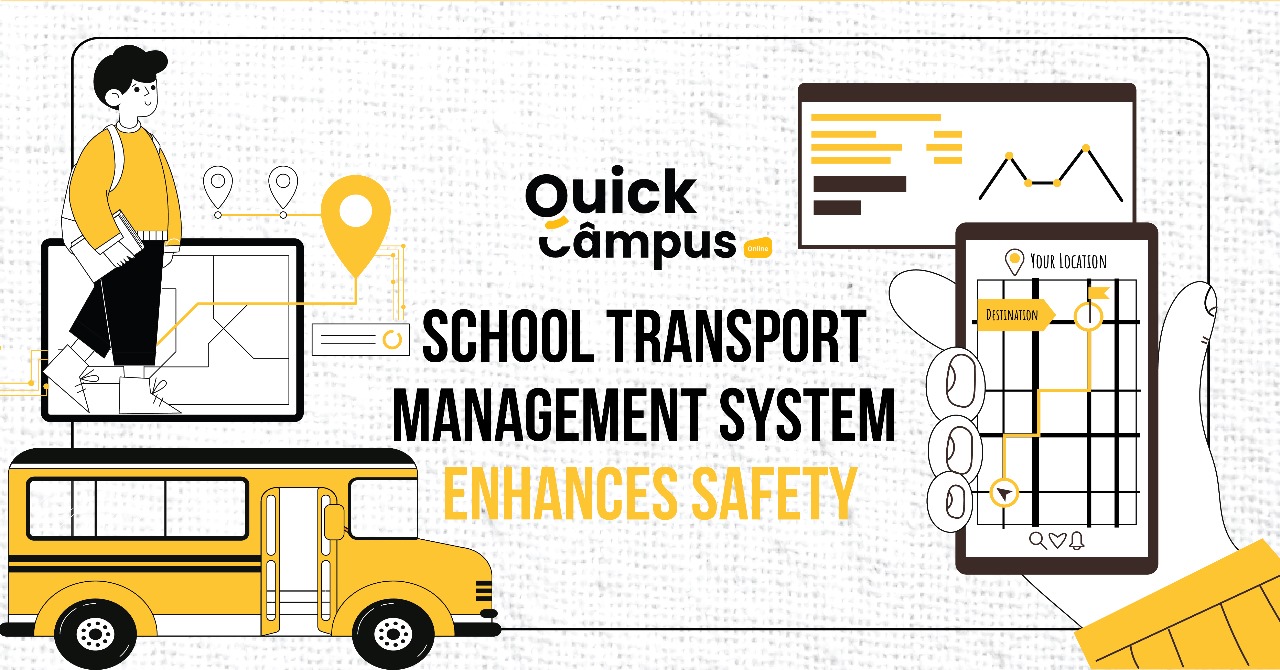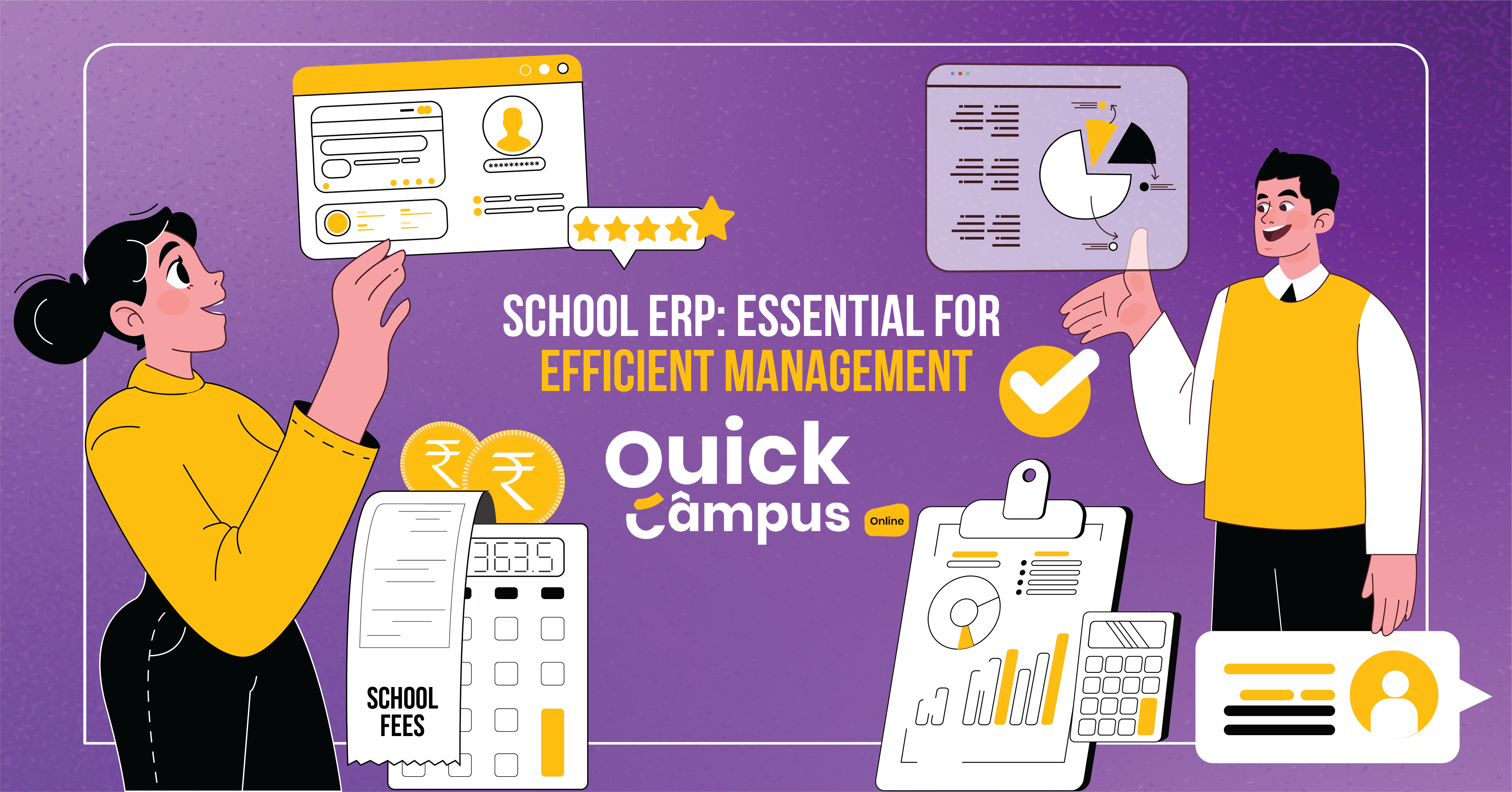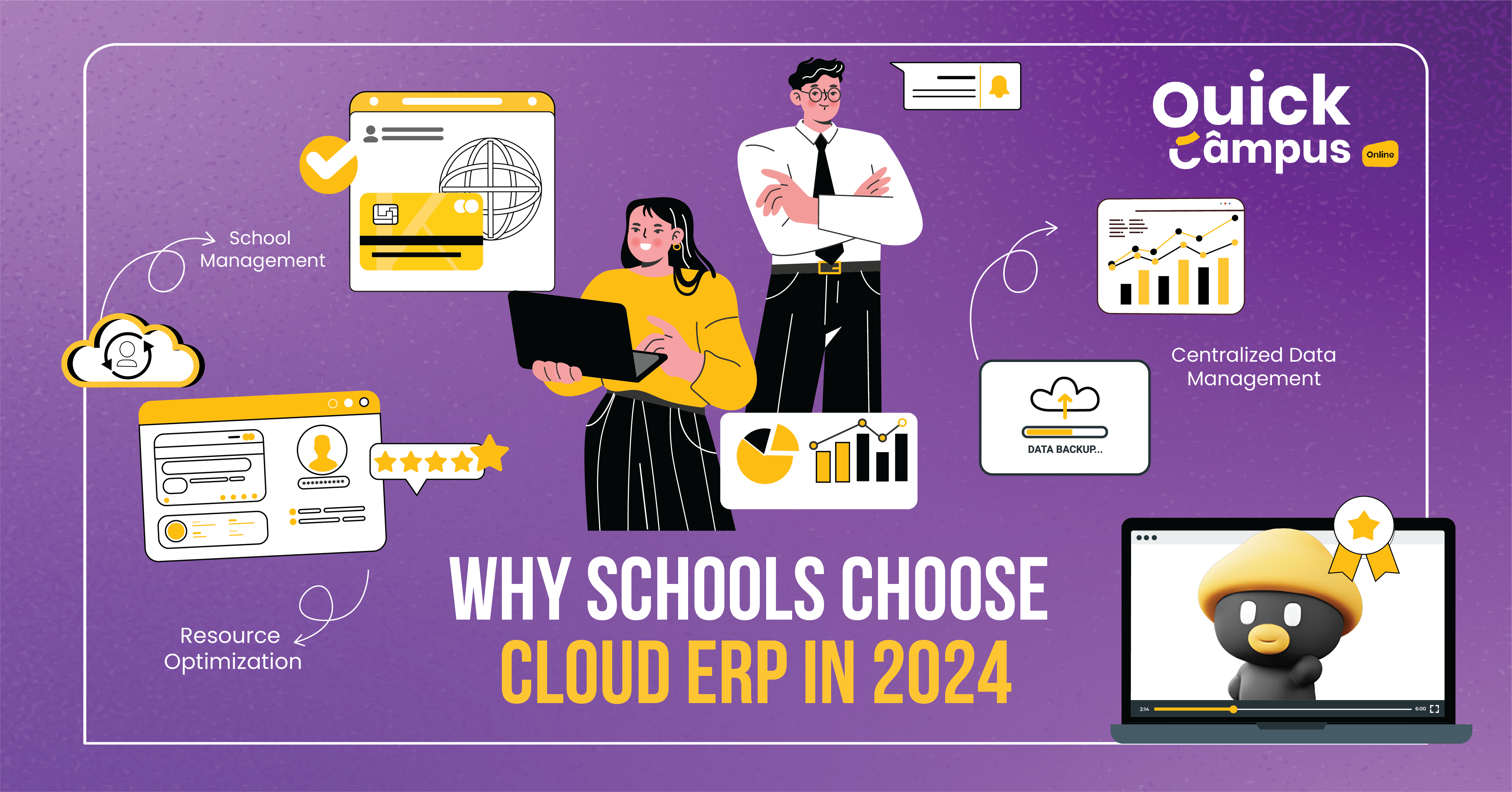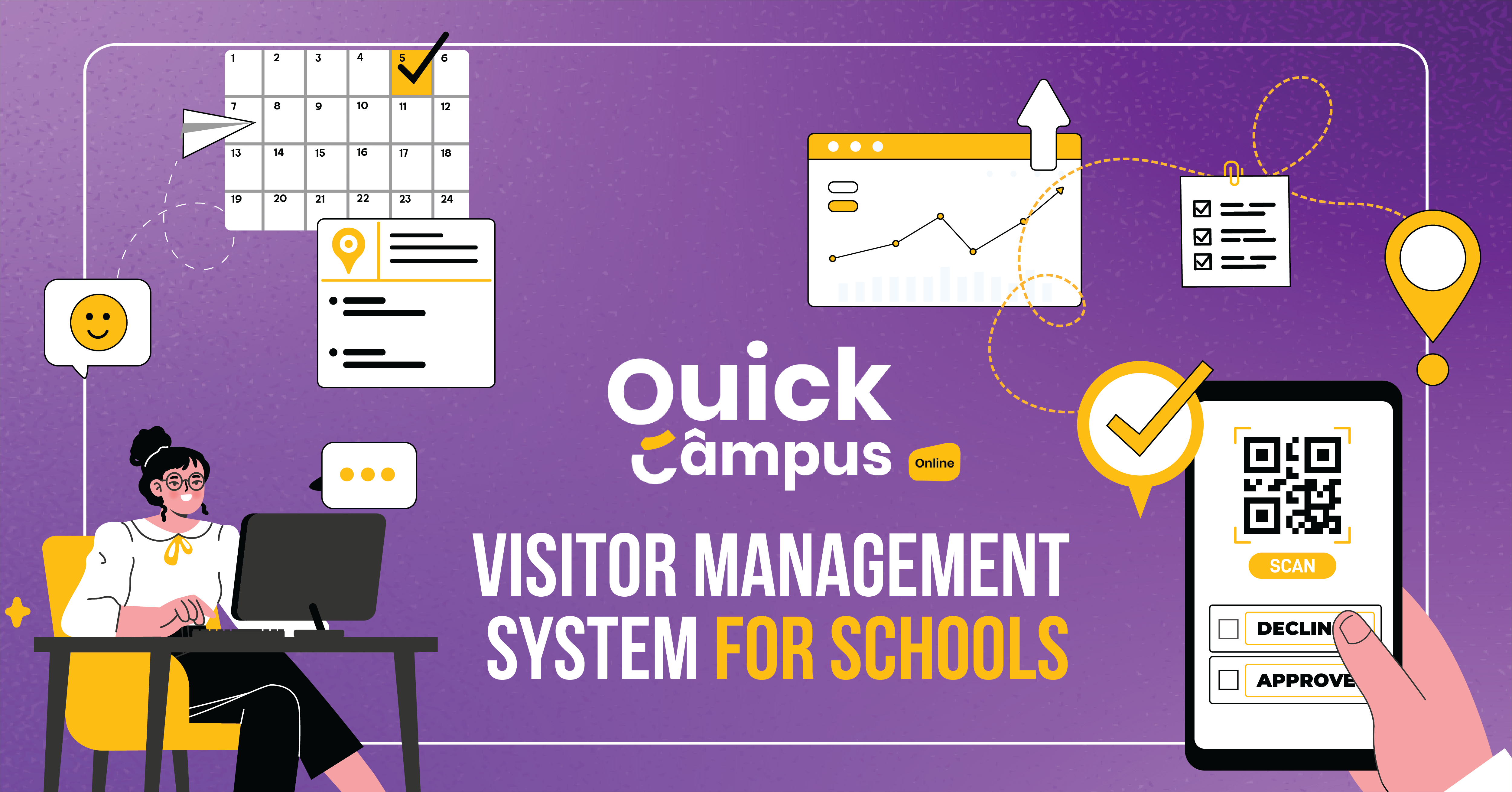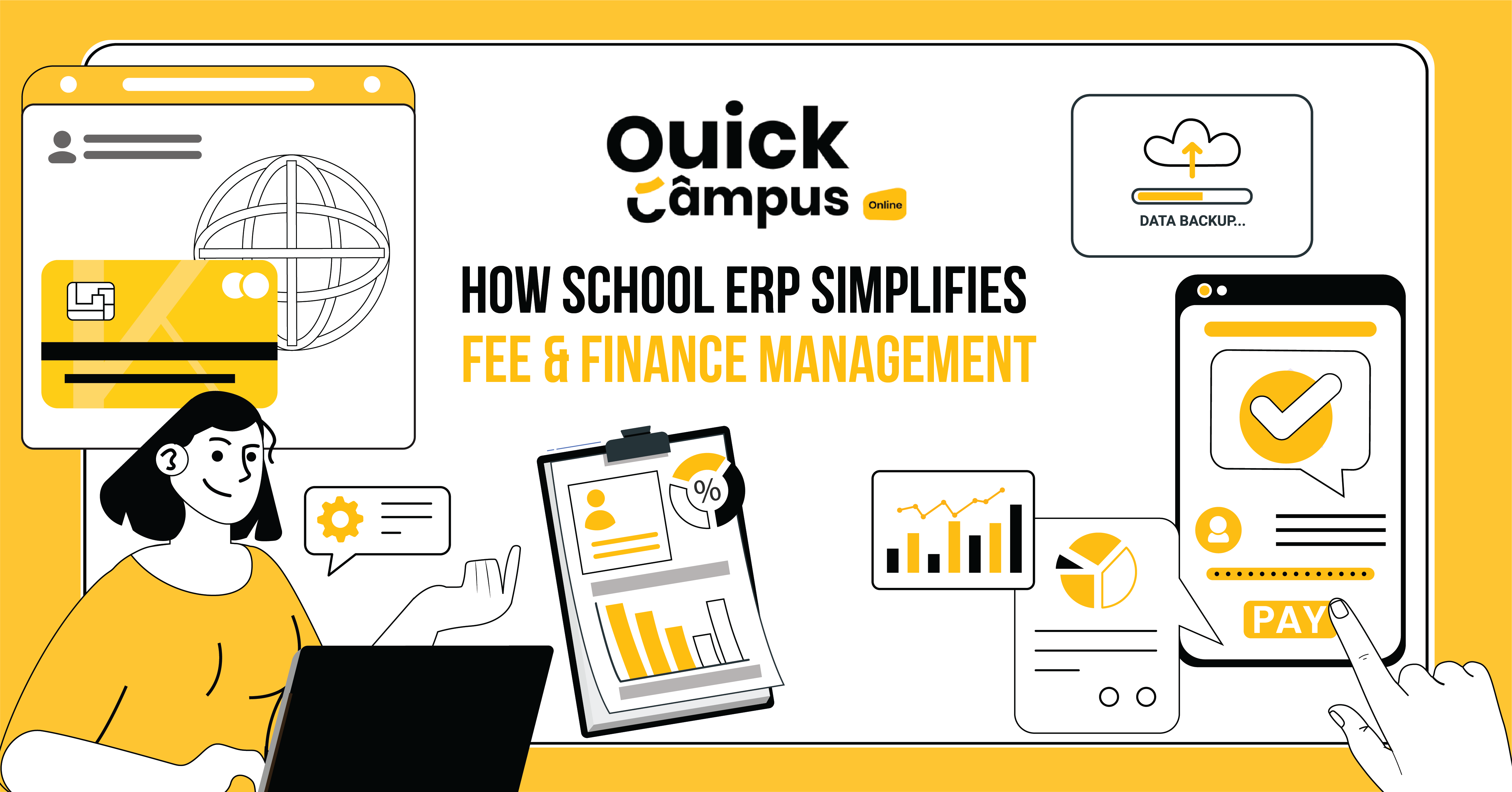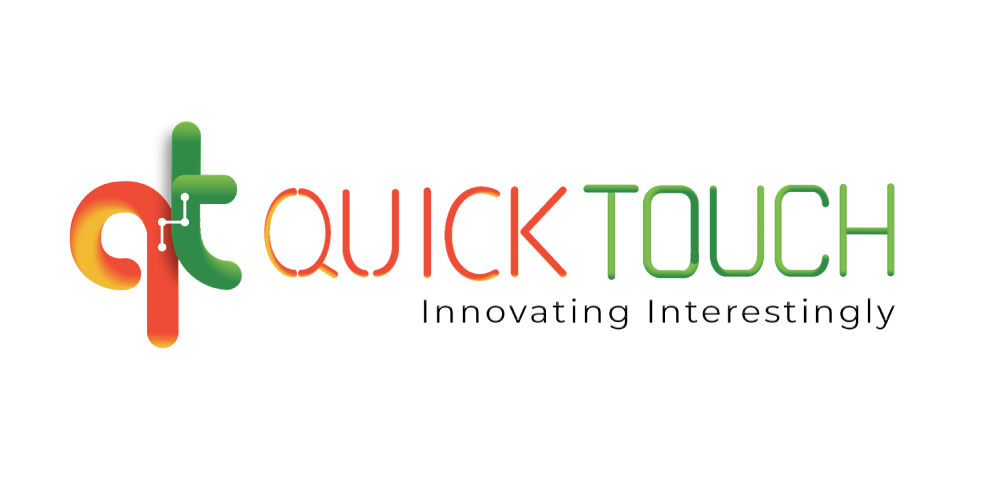Future-Ready Skills For Students: A Blueprint For Educators
The education landscape is constantly evolving in today’s fast-paced and interconnected world. As educators, our responsibility extends beyond imparting knowledge; we must also lay the foundation for future-ready skills. These skills will serve as a roadmap for educators, offering insights, strategies, and practical approaches to cultivate the skills students need to excel in their chosen fields.
This article will explore the essential components of future-ready skills and how educators can integrate them into their teaching practices.
Essential Future-Ready Skills: What Should Educators Prioritize?
In preparing students for the future, educators must prioritize essential future-ready skills that equip them with the capabilities to thrive. These skills encompass a broad spectrum of competencies, including critical thinking, technological literacy, communication, collaboration, adaptability, resilience, cultural responsiveness, and emotional intelligence.
By emphasizing these core skills, educators aim to equip students with the necessary tools to navigate the complexities of modern society with confidence and efficacy.
Additionally, it’s essential for educators to consider different approaches to teaching and learning, such as pedagogy, andragogy, and heutagogy, to ensure that instructional methods align with students’ developmental stages and learning needs.
Critical Future-Ready Skills For Students
Future-ready skills for students encompass a diverse array of competencies essential for thriving in the dynamic landscape of the 21st century. Let’s delve into each of these skills and elaborate on their significance:
Critical Thinking And Problem Solving
Critical thinking involves analyzing information objectively, evaluating arguments, and drawing logical conclusions. Paired with problem-solving skills, it empowers students to identify challenges, devise innovative solutions, and adapt to changing circumstances.
By honing these skills, students can navigate complex issues and make informed decisions, which are essential for academic and professional success.
Creativity And Innovation
Creativity fosters originality, imagination, and the ability to generate novel ideas. Coupled with innovation, it drives progress and propels individuals to explore new possibilities.
Cultivating creativity and innovation equips students with the capacity to think outside the box, tackle problems from unconventional angles, and contribute to advancements in various fields. It encourages a mindset of curiosity and exploration, which is essential for thriving in an ever-evolving world.
Communication And Collaboration
Practical communication skills are fundamental for conveying ideas, building relationships, and fostering collaboration learning. By honing their ability to articulate thoughts clearly and listen actively, students enhance their capacity to collaborate with peers, share perspectives, and work towards common goals.
Strong communication and collaboration skills are indispensable in diverse settings, from team projects to interpersonal interactions and professional environments.
Technological Literacy
In today’s digital age, technological literacy is a prerequisite for success. It involves proficiency in utilizing technology tools and platforms, understanding digital systems, and adapting to technological advancements, including utilizing school management software.
Technological literacy empowers students to navigate digital landscapes confidently, engage in online research, and harness technology to solve problems and innovate effectively.
Adaptability And Resilience
Adaptability and resilience are crucial qualities for thriving in an ever-changing world. They involve the ability to embrace change, overcome setbacks, and bounce back from adversity. By fostering adaptability and resilience, educators equip students with the flexibility and mental fortitude to navigate uncertainty, embrace new challenges, and persevere in the face of obstacles.
Cultural Competence And Global Awareness
Cultural competence entails understanding and appreciating diverse perspectives, experiences, and cultures. Global awareness involves global issues, intercultural communication, and empathy towards individuals from different backgrounds.
Cultivating cultural competence and global awareness fosters empathy, respect, and understanding, which are essential for collaborating effectively in multicultural environments and addressing global challenges collectively.
Entrepreneurial Mindset
An entrepreneurial mindset encompasses creativity, initiative, resilience, and a willingness to take calculated risks. It encourages students to identify opportunities, innovate solutions, and passionately pursue their goals. Cultivating an entrepreneurial mindset empowers students to embrace uncertainty, think innovatively, and seize opportunities for growth and impact.
Emotional Intelligence
Emotional intelligence involves recognizing and managing one’s emotions, understanding others’ perspectives, and navigating interpersonal relationships effectively. It encompasses traits such as self-awareness, empathy, and relationship management. By understanding how to improve emotional intelligence (EQ), students enhance their social and emotional skills, foster healthy relationships, and enhance their overall well-being.
What Does It Mean To Be Future-Ready?
To be future-ready means possessing the skills, knowledge, and mindset necessary to thrive in the rapidly evolving world of tomorrow. Being future-ready entails more than being proficient in current technologies or academic subjects; it involves a holistic readiness to adapt, innovate, and navigate uncertainties in a dynamic environment.
Future-ready individuals have critical thinking abilities, technological literacy, effective communication and collaboration skills, adaptability, resilience, cultural competence, and emotional intelligence. They possess a forward-thinking mindset that embraces change and lifelong learning and seeks opportunities for growth and innovation.
How Should Educators Prepare Students For The Future?
Educators play a pivotal role in preparing students for the future by equipping them with the skills, knowledge, and mindset necessary to thrive in an ever-evolving world. Here are some key ways educators can prepare students for the future:
Embrace Innovative Teaching Methods
Educators should incorporate innovative teaching methods and pedagogies like project-based learning, experiential learning, and flipped classrooms to engage students and foster creativity, critical thinking, and problem-solving skills. Moreover, integrating major skills in micro-teaching can further enhance the effectiveness of these methods. This approach allows educators to provide targeted feedback, refine instructional techniques, and personalize learning experiences for students, ultimately preparing them more effectively for the future.
Promote Lifelong Learning
Educators should instill a love for learning and curiosity in students, emphasizing the importance of lifelong learning beyond the classroom. Encouraging exploration, self-directed learning, and the pursuit of interests can foster a mindset of continuous growth and development.
Furthermore, educators can provide opportunities for hands-on experiences, experiential learning, and real-world applications of knowledge to deepen students’ understanding and spark their passion for learning.
By nurturing students’ intrinsic motivation and curiosity, educators empower them to take ownership of their learning journey, pursue their interests passionately, and embrace learning as a lifelong pursuit. This approach cultivates a resilient and adaptable mindset, preparing students to navigate the complexities of their professional and personal lives.
Foster Collaboration And Communication
Educators should create collaborative learning environments that encourage teamwork, communication, and problem-solving. Group projects, discussions, and debates can help students develop interpersonal skills and learn to work effectively with others. Group projects, discussions, and debates can help students develop interpersonal skills and learn to work effectively with others.
Additionally, educators can incorporate cooperative learning activities, peer-to-peer learning, and group problem-solving tasks to enhance collaboration further and foster a sense of collective responsibility among students.
Cultivate A Growth Mindset
Cultivating a growth mindset, which emphasizes resilience and belief in one’s ability to learn and grow, is also essential for nurturing emotional intelligence. Educators should foster a growth mindset in students by encouraging resilience, perseverance, and a belief in their ability to learn and grow.
Providing constructive feedback, celebrating effort and progress, and reframing challenges as opportunities for growth can help students develop a positive attitude toward learning and overcome obstacles.
Conclusion
Whether it’s fostering problem-solving abilities, nurturing digital proficiency, facilitating effective communication and teamwork, or promoting traits like flexibility and empathy, educators strive to empower students to thrive in diverse contexts and excel in their pursuits.
Through intentional instruction and innovative approaches, educators can play a pivotal role in shaping the next generation of leaders, innovators, and lifelong learners, equipping them with the skills they need to flourish in an ever-evolving landscape.

